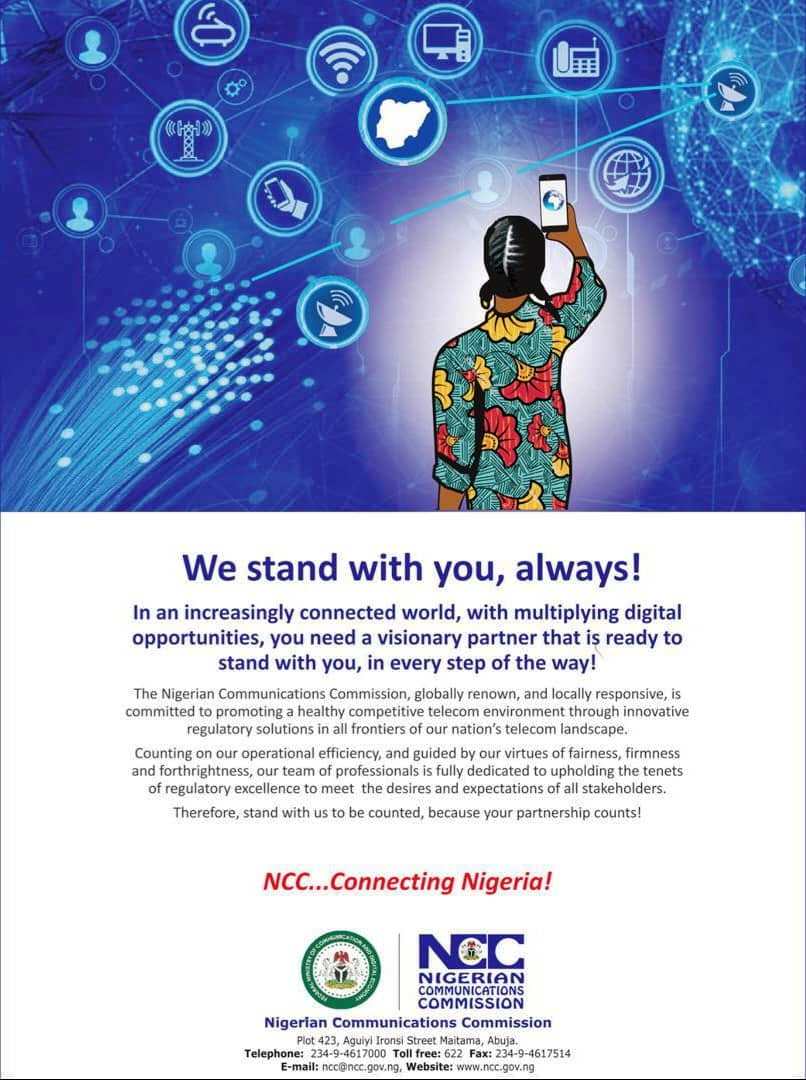By Emmanuel Otori
Nigeria’s economy has not always been without its own fair share of challenges, despite the efforts of emerging entrepreneurs. The economy has had milestones that were usually short-lived due to change in government policies.
Maintaining a suitable economy for all Nigerians cannot be far-fetched. Every citizen needs a thriving economy that that sets the pace for opportunities to be converted in creating sustainable ventures.
RELATED: Nwachukwu, Zoracom’s CSEO, reveals how digital transformation could unlock Nigerian business growth
Despite different measures, that were mapped out to figure out how to tackle the dangling nature of Nigeria’s economy, the sustainability of Nigeria’s economy needs a concerted effort from the private, public and academic institutions.
But there is one sector of Nigeria’s economy that has always stood the test of economic pressure. The adaptability nature of the informal sector, has been a pillar of support that contributes to Nigeria’s growth.
Although, often referred to as undocumented business sector in Nigeria, this sector have been able to contribute a percentage of its income, to the Gross Domestic Profit profile of Nigeria.
In this article, our focus will be on how the informal sector can be a pacemaker for Nigeria’s economic sustainability.
Who are the Informal Sector?
The informal sector are the underdogs of the Nigeria economy. They are unregulated and mostly unregistered businesses that depend on daily income for their survival.
Examples of the informal sectors are; street vendors, street hawkers, road side mechanics, barrow pushers, keke and okada riders etc.
Unlike the formal sector that can be easily taxed or reachable for any business incentives, these group of businesses don’t have the opportunity to benefit from them. They heavily rely on one another for micro benefits.
It may interest you to know that the informal sector, actually have a structural layout for investment plans. They pay levies to these associations daily, weekly or monthly.
These unions registers them and guides the pricing decisions on their goods based on the economic situation. They also save their profits with unregistered contribution groups. The informal sector makes up half of today’s indirect and direct employment.
The informal sector, have been able to easily build up an entrepreneurial spirit amongst the unemployed youths through informal apprenticeship empowerment programs. It is a very huge sector and many Nigerians rely heavily on their services.
Every corner of Nigeria rural and urban community breeds these set of businesses.
The informal sector is managed and operated by a cash funded economy. Most of its members, deal on cash for all their daily business transactions.
Factors That Affects The Informal Sector
They are not formalised : The businesses under the informal sector, are not registered businesses. This has made it difficult for them to receive grants, micro loans and other investment funds from financial institutions and government agencies.
Lack of adequate funds: The informal sector is basically a cash strapped economy. These daily income business men and women must rely on cash to buy their products. Their meagre profits is usually not enough to sustain their business and so the inadequate cash flow and lack of financial support, usually makes them to close down their businesses.
Lack of basic social amenities: The informal sector business owners transport their goods by road and sometimes they have to bring these goods from remote areas. If there is an easy road network, they can transport their goods without hassles.
How Can The Informal Sector Be A Pacemaker Tool for Nigeria Economy
Financial inclusion: Financial institutions should be at the forefront of including these business owners into their customer base. They should be able to partner with agencies to help these businesses register their businesses, open accounts with them and then give them grants, seed funds or micro loans to run their businesses. Also, the government should be able to speak to them before bringing in financial policies that could affect this sector.
Integrate their policies into the economy: The informal apprenticeship system can be integrated and turned into graduate internships and skill acquisition workshops for unemployed youths. Also, they should encourage more unregistered contribution groups to register as thrift cooperative societies by providing them accessibility and the educating them on how to run it as a well established entity.
Introduce them to technological tools: Technological tools such as point of sale machines, digital banking,mobile apps for tracking of goods and also promotion of their businesses on social media platforms can help this sector have a good market reach.
Conclusion
The informal sector is a sustainable economy due to its adaptable and flexible nature. The lack of attention by government agencies, has not deterred it from developing its own structures that can be used to maintain it at all times.
It has contributed about 40% of GDP since 2020 and it will continue to pull more weight as time goes by.
It faces a daily struggle of survival and if all factors are put in place, it will be an easy target for Nigeria’s economic sustainability.
Emmanuel Otori has over 10 years of experience working with 100 start-ups and SMEs across Nigeria. He has worked on the Growth and Employment (GEM) Project of the World Bank, GiZ, Consulted for businesses at the Abuja Enterprise Agency, NNPC, Oriental Energy, Eko Electricity, FCT-IRS, Nigerian Navy and NITDA. He is the Chief Executive Officer at Abuja Data School.

































